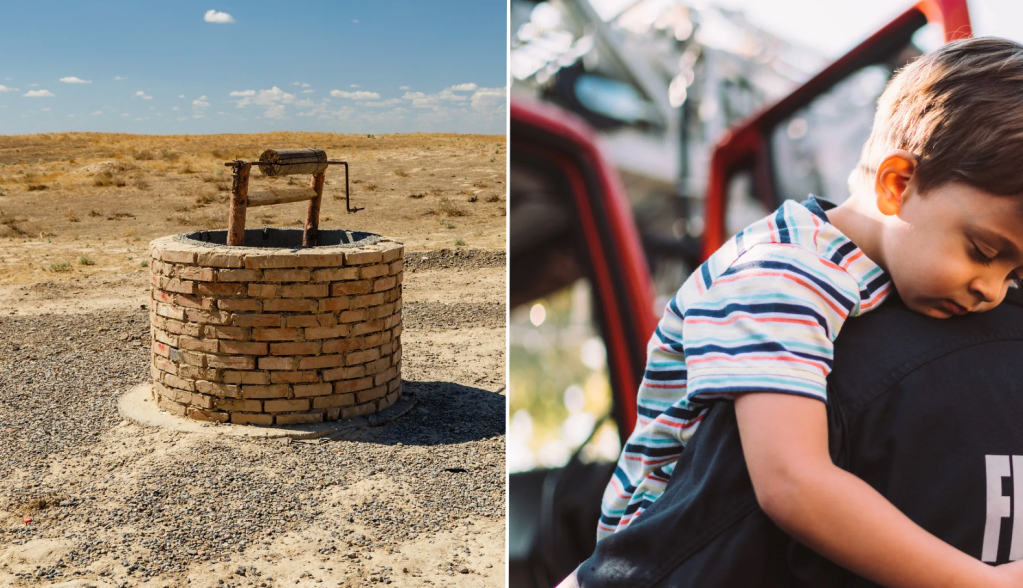It’s hard out there for an Arctic animal.
The Arctic Circle is one of the last intact ecosystems on the planet to be mostly unaffected by industrialization (so far). But between the wind and the cold and the encroaching industrialization of the Arctic region, things are pretty rough above 66 degrees north latitude.
That’s exactly what makes these animals so remarkable. Adorableness aside (so much adorableness), these majestic critters are survival experts, built to tough out the most extreme conditions. But the looming threat of Royal Dutch Shell’s Arctic oil drilling might be the one challenge they can’t overcome.
So while we celebrate their utter cuteness — which is of course important — let’s not forget that they’re also Mother Nature’s Arctic BAMFs, but it’s up to us to keep ’em around.
Here they are, from the smallest to the, erm, not-so-small.
Lemmings
Most people think lemmings are the opposite of survivalists, thanks to Disney and a certain addictive video game. But lemmings are actually tough little creatures. They’re decent swimmers, and they have some incredible migratory patterns that continue to boggle scientists with their dramatic seasonal fluctuations. Rather than having a reputation for mass suicide, these creatures ought to be known for being able to endure whatever nature throws their way.
Photo by kgleditsch/Flicker.
Ice seals
There are all kinds of ice seals in the Arctic. Harp seals probably think they’re pretty fancy because their scientific name means “ice-lover from Greenland.” But that doesn’t intimidate the bearded sealsweird air sack and scientists don’t understand what it’s for.
But all of the ice seals can agree on one thing: They’d really like people to stop killing them and stealing their fur.
“Draw me like one of your French seals.” Photo by Virginia State Parks/Flickr.
Walruses
Blubbery buddies. Mustachioed mammals. Kind-of-like-seals-but-totally-different. Whatever you wanna call ’em, walruses are incredibly social. So social, in fact, that their mating rituals are basically giant, violent, sing-song-y orgies. And if that weren’t enough to make a shy walrus feel self-conscious, it turns out that walrus society is also very judgmental about tusk size. Which makes it that much more insulting when humans hunt them for their ivory.
On the bright side, it’s a good thing walruses are used to close quarters because they’ve been making like lemmings and moving en masse thanks to the rapidly melting landforms they once called home.
Knowing what we now know, I realize this could very well be Walrus porn. Photo by U.S. Fish and Wildlife Service.
Polar bears
In addition to being behind the most oft-repeated complaint about the TV show “Lost” — (DHARMA brought them to the island to experiment. End of the story. AARRGH!) — polar bears are also lying to you about their color. I know what you’re thinking: “Uhh, pretty sure polar bears are white there, Mr. Dunn. That’s how they blend in with the snow and stuff … DUH.” Polar bears have black skin and transparent fur that allows them to blend in with their background.
I understand if this leaves you feeling betrayed, but that’s no reason to let polar bears succumb to extinction. It’s not their fault they tricked us with nature’s gifts!
A totally-not-white polar bear chillin’ in what I assume is the pool at the palatial Hollywood estate he bought with all that residual cash he made from “Lost.” Photo via Wikimedia Commons.
Bowhead whales
This cuddly fella has the thickest blubber layer among all whales and can live for more than 200 years. Historically, bowhead whales were a resource for the survival of the Iñupiat people in Northern Alaska. But once the commercial whaling industry hit the scene, the number of bowhead whales plummeted. Thanks to conservation efforts that began in earnest in the mid-1900s, their current population is in pretty good shape.
Unfortunately, the same can’t be said for blue whales.
Photo by Bering Land Bridge National Preserve/Flickr.
But all of these adorable and majestic creatures are in danger right now, along with the environment they call home.
You’re probably already familiar with the disastrous fallout of BP’s oil drilling errors in the Gulf of Mexico. The exact same thing is in store for the Arctic Circle if Royal Dutch Shell is allowed to continue on their current path. Even in the unlikely event that an oil spill doesn’t occur, the mere presence of man-made industrialization would have dire consequences for this otherwise pristine haven of nature. At the rate we’re going, we don’t need any more help eradicating the Arctic.
So let’s not be like our incorrect perception of the lemming. Let’s stop ourselves from walking blindly towards our own demise. Take a stand. Signing a petition is good for our adorable Arctic friends, and it might just put a little (transparent) hair on your chest.

























